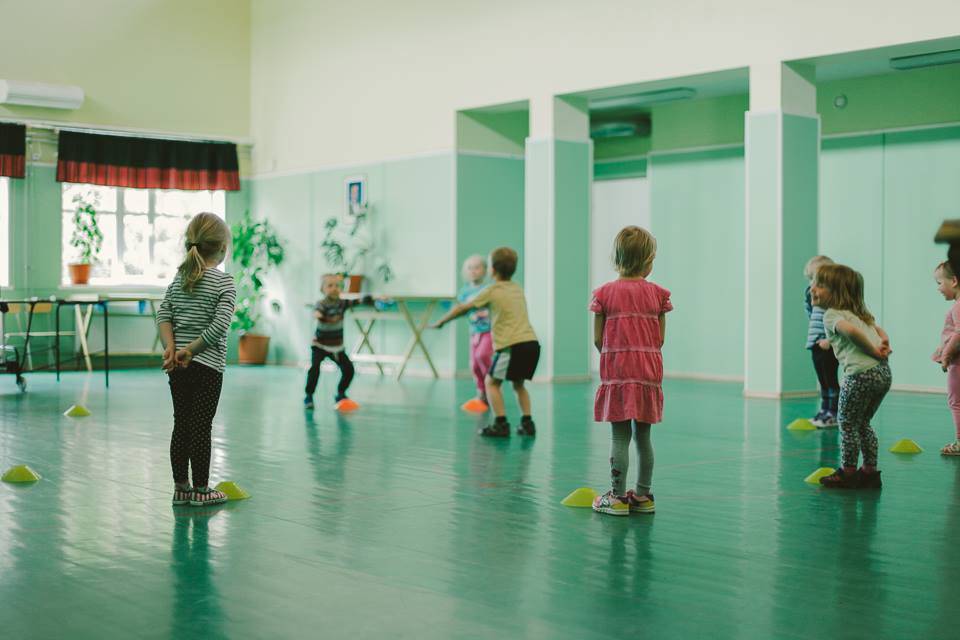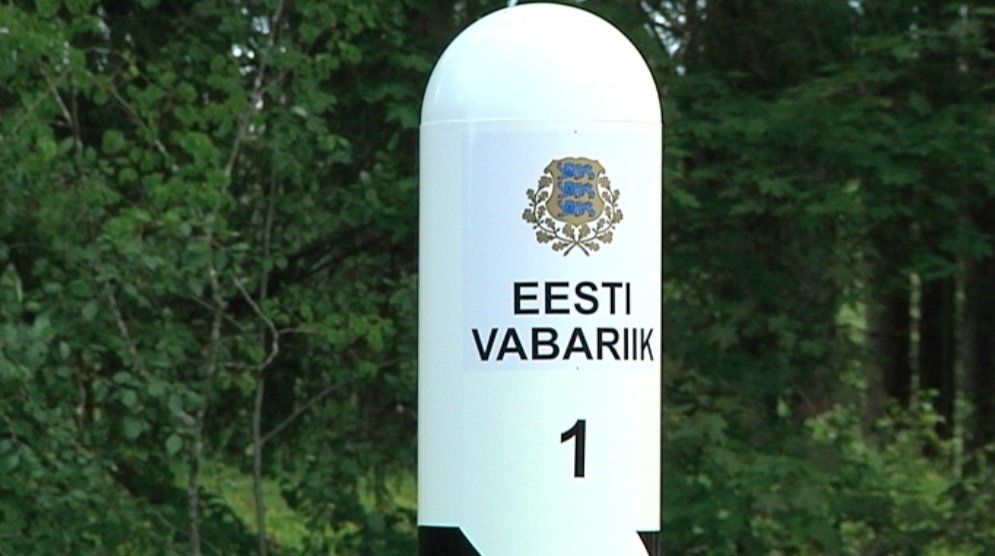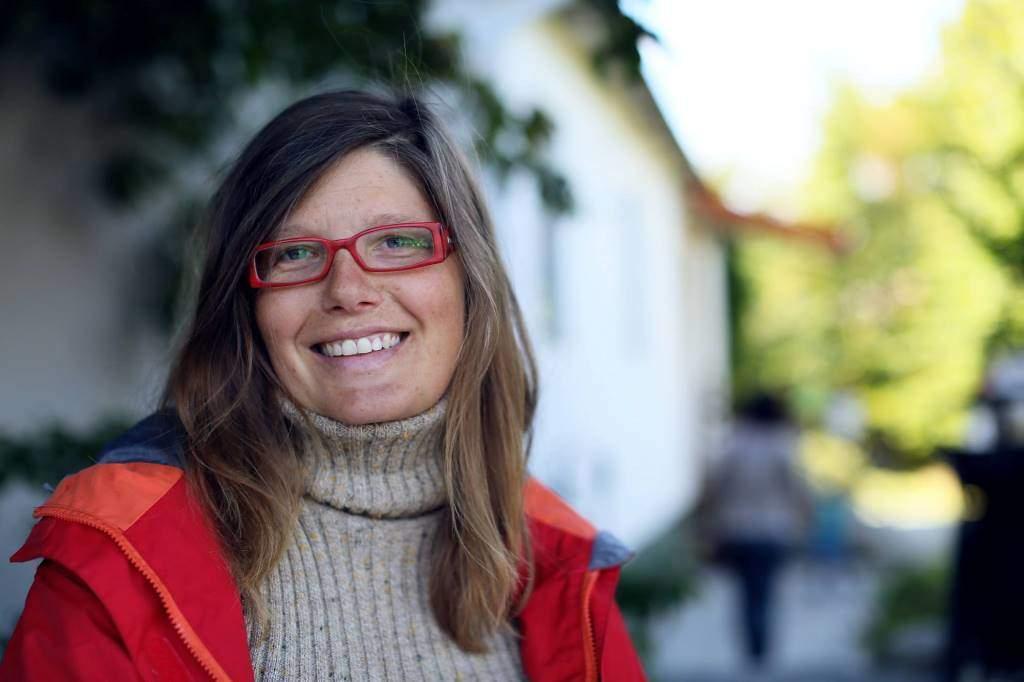Evelin Tamm, a Sweden-based Estonian artist, activist and freelance journalist, writes that amid the ongoing coronavirus crisis, Estonia and many other European countries are imitating methods typical of totalitarian states – but what about the smart decisions that will help the society as a whole to respond adequately to the threat of the pandemic and the economic crisis, while preserving democracy, the rule of law and our rights and freedoms today?
In the last few days, I have been surprised to see how generally tolerant, intelligent people, amid the ongoing coronavirus crisis, have lost their principles and call for harsh restrictions – even a police state. This is true in Estonia and elsewhere. People are gripped by a panic and a fear and sign up to EKRE-esque policies (a reference to Estonian Conservative People’s Party, a populist, far-right, party that is part of the governing coalition in Estonia – editor). Imitating methods typical of a totalitarian state, such as China, have set back the human rights and freedoms of the world.
Sixteen infections – emergency, recommended ban on gatherings of over 100 people
On the morning of 12 March, when 16 people had been diagnosed positive, the Estonian prime minister, Jüri Ratas, made a statement in the parliament. His statement took the same direction as the speeches by Finnish and Swedish leaders. The spread of the virus was also quite similar – in all three countries the first local cases were detected (as opposed to people who had returned from the global risk areas).
All three started restricting major gatherings and drew the attention of the population to the imminent severe crisis. The Swedish prime minister, Stefan Löfven, said this was a very serious situation. In Sweden, there were 631 infected and the virus had claimed the first victim. In Finland, there were 87 infected and the Finnish prime minister, Sanna Martin, read out a series of measures to prevent the virus spread.
The number of infections 27 – an emergency situation, schools closed, border control, ban on public gatherings
On the late evening of 12 March, the Estonian government announced a state of emergency (termed an “emergency situation” the next day), giving the government whole new powers, and closing schools.
By reintroducing Estonia’s borders, the right-wing EKRE had achieved its greatest goals in just a day into crisis, with widespread popular support. At the same time, WHO says that borders have no effect at this stage in preventing a pandemic.
The closure of schools is also a measure of dubious value, as samples from China suggest that the infection rate of children is low and their symptoms mild. No child has died from the virus. At the same time, the Estonian state now placed all the childcare on the shoulders of parents (which usually means mothers and grandmothers). May I remind that for older people, the virus is most dangerous, and they should definitely isolate themselves.

The wave of border closures – the US started the wave by banning flights from Europe – was spreading and within days, national borders were also closing in Europe. The common borderless Europe, achieved over the last few decades, disappeared in countless hours.
Norway and Denmark made unexpected statements, very strict in tone, radically restricting the freedoms of their own citizens and those of their immediate neighbours. To date, Finland and Sweden have not followed suit – and despite that, the spread of the virus is moderate and relatively controlled. In Sweden, the main restriction on civil liberties remains the ban on gathering of over 500 people. Schools and municipalities, businesses and citizens can decide for themselves how to act best. The state will focus on appropriate measures to support citizens’ ability to cope well and make appropriate decisions.
The number of infections 171 – Estonia is closing to the outside world
The Estonian government has gradually introduced new measures – including a ban on foreigners’ entry to Estonia, coming into effect on 17 March. Ironically, the country’s foreign minister, Urmas Reinsalu, complained in an interview with Postimees (an Estonian daily – editor) that Estonian citizens are now prevented from travelling through Denmark and Poland and the Estonian foreign ministry has to deal with it.
At the same time, he briefed everyone on the complete closure of Estonia’s borders, which in turn will prevent many other European citizens from returning home (Estonia will allow foreigners who are transiting through the country to enter, provided they don’t have any coronavirus symptoms – editor). “The measures that seemed very radical the day before, may seem too soft a day later,” Reinsalu told Postimees, implying that the government still has a number of ideas on how to drastically curtail citizens’ freedoms (and fulfil their party goals).

Frightened people have unreasonable fears – in Norway, for example, the state forbade people driving to their country cottages, the quarantine must be in the city. There is no debate – the decisions are made (at night) behind closed doors. When we wake up in the morning, we learn how our world has changed – how many infected people have died, how many are infected and what new restrictions are imposed on us. But what about the smart decisions that will help society as a whole to respond adequately to the threat of a pandemic and the economic crisis, while preserving democracy, the rule of law and our rights and freedoms today?
Our way is…
I have no doubt the Nordic countries, the United States and the United Kingdom will have the resources to bring their citizens through this crisis successfully, or at least in a mediocre way. I am concerned about the poorer European countries, as well as the poorer populations of the rest of the world, to escape this struggle reasonably intact.
Also, what our civil liberties will look like after the crisis is over? What is Europe alike? What is the world alike? The communist China is not afraid to point its finger on Sweden, since the open crisis management chosen by the Nordic countries is radically different from the brutal Chinese model – which some countries in the world have also now opted for.
It will be a while before we see whether the open or closed crisis management model to eradicate the coronavirus pandemic pays off. It is certain that the spread of dangerous viruses is part of our future society. But do we choose democracy, human rights and free movement, in addition to survival?
The opinions in this article are those of the author. For the latest developments in Estonia, follow our special blog on coronavirus. Cover: Evelin Tamm (photo by Maarja Urb).

